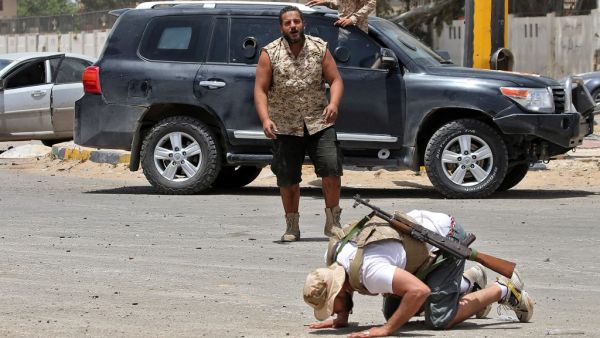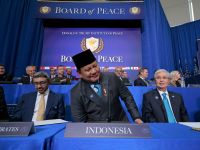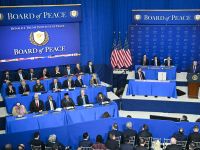Hossein Amir Abdollahian, a former Iranian diplomat, says safeguarding peace and stability in Libya would serve the interests of the Muslim world and the region.
“For about a decade, the US/Zionist-led crisis has put #Libya on fire,” Amir Abdollahian tweeted on Sunday.
“Safeguarding national unity, territorial integrity as well as restoring sustainable peace & stability of this key Arab Muslim state would serve the interests of Muslim World & the region,” added Amir Abdollahian who served as Iran’s point man for Arab affairs in the Foreign Ministry.
Libya has been in chaos since 2011 when a popular uprising and a NATO intervention led to the ouster of long-time dictator Muammar Gaddafi.
Since 2014, two rival seats of power have emerged in Libya, namely the internationally-recognized government of Prime Minister Fayez al-Sarraj, and another group based in the eastern city of Tobruk, supported militarily by Haftar’s rebels.
Haftar, supported by the United Arab Emirates, Egypt, and Jordan, launched a deadly offensive to capture Tripoli, the seat of the Government of National Accord (GNA), in April last year. His forces, however, haven’t been able to advance past the city’s outskirts.
This article has been adapted from its original source.








